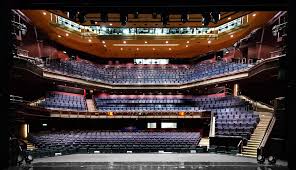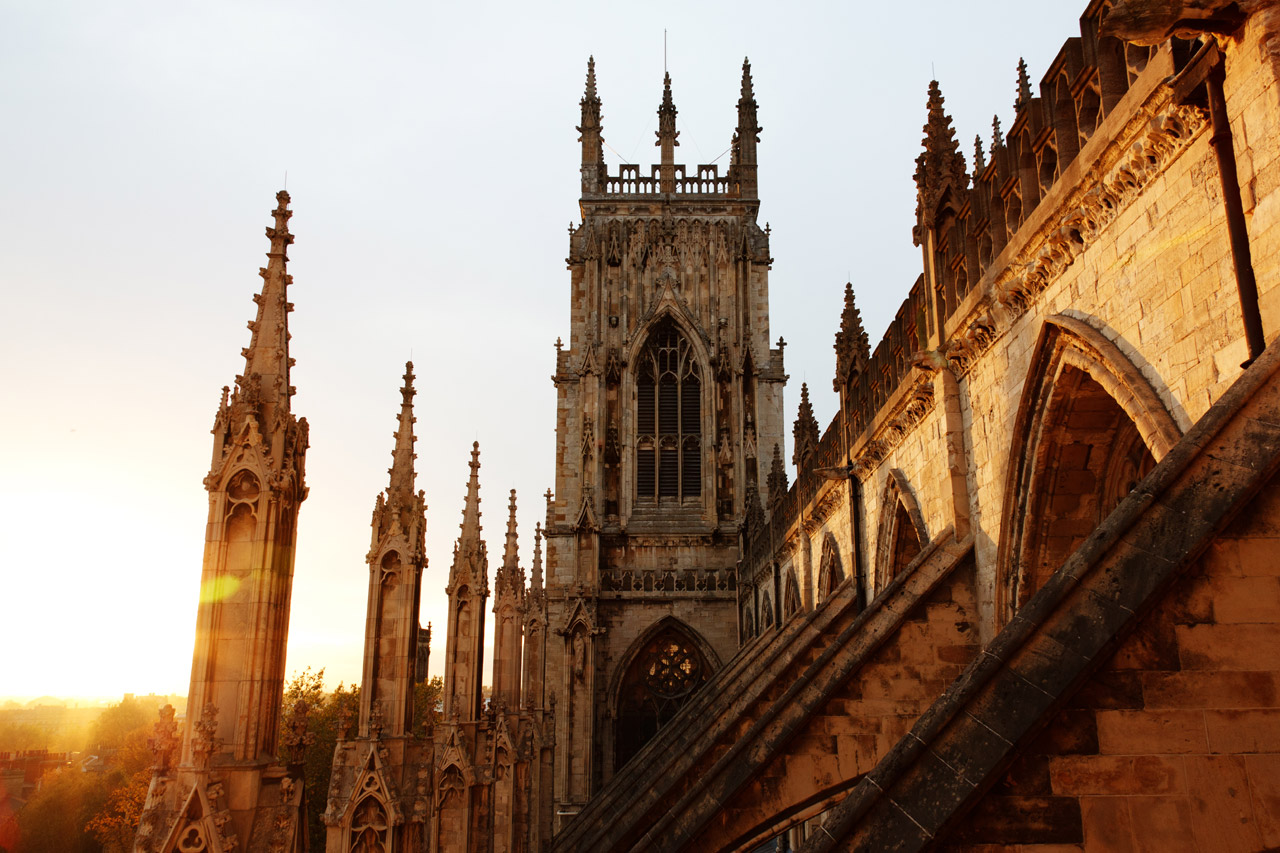
Introduction
Theatre Royal Plymouth, located in the heart of Devon, stands as one of the UK’s leading theatres, renowned for its rich history and commitment to the performing arts. Opened in 1982, it has become a focal point for cultural activities in the region, offering a diverse range of performances that include drama, musicals, and dance. This article explores the significance of this venue, highlighting its contributions to the arts, the community, and its future prospects.
A Venue of Distinction
As the largest and most renowned theatre in the southwest of England, Theatre Royal Plymouth boasts a seating capacity of over 1,300 and features three distinct performance spaces, including the main auditorium, the Drum Theatre, and the Lab. The theatre regularly hosts a mix of touring productions and local performances, showcasing both established and emerging talent.
Recently, Theatre Royal Plymouth has made headlines with its innovative programming and initiatives aimed at engaging local communities. In 2023 alone, it welcomed over 100,000 visitors and presented a record number of productions. Notable recent shows have included popular West End musicals, contemporary drama, and local playwright showcases.
Community Engagement and Education
The theatre is not just a space for performance; it plays an essential role in education and community engagement. Through its extensive outreach programmes, Theatre Royal Plymouth provides opportunities for young people and aspiring artists to develop their skills. Workshops, masterclasses, and educational programmes are regularly conducted, promoting creativity and accessibility in the arts.
The venue has also initiated partnerships with local schools and colleges, allowing students to experience live theatre, thereby fostering a love for the performing arts from a young age. This dedication to nurturing future generations is crucial for preserving the cultural heritage of the region.
Looking Ahead
As the arts sector continues to recover following the challenges posed by the COVID-19 pandemic, Theatre Royal Plymouth is well-positioned to further enhance its profile. Future plans include renovations to enhance audience experiences and expand technical capabilities. Additionally, the theatre aims to diversify its programming to include more international and avant-garde productions, appealing to a broader audience.
Conclusion
Theatre Royal Plymouth remains a vital component of the UK’s cultural landscape, attracting thousands annually and enriching the local community. By focusing on community engagement, educational initiatives, and innovative programming, Theatre Royal Plymouth not only delivers exceptional performances but also serves as a beacon of artistic inspiration for future generations. Its ongoing developments promise to keep it at the forefront of the performing arts long into the future.
You may also like

Exploring the Works of Joanna Garland

Exploring the Historic City of York: A Cultural Gem

Exploring the Unique Heritage and Current Affairs of Eswatini
SEARCH
LAST NEWS
- Remembering Wendy Richard: The Promise to Co-Star Natalie Cassidy
- How Did Anglian Water Achieve an ‘Essentials’ Rating for Mental Health Accessibility?
- Shai Hope Leads West Indies in T20 World Cup Clash Against South Africa
- What We Know About Weston McKennie: Future at Juventus and Past at Leeds
- What We Know About the Upcoming Live Nation Antitrust Trial